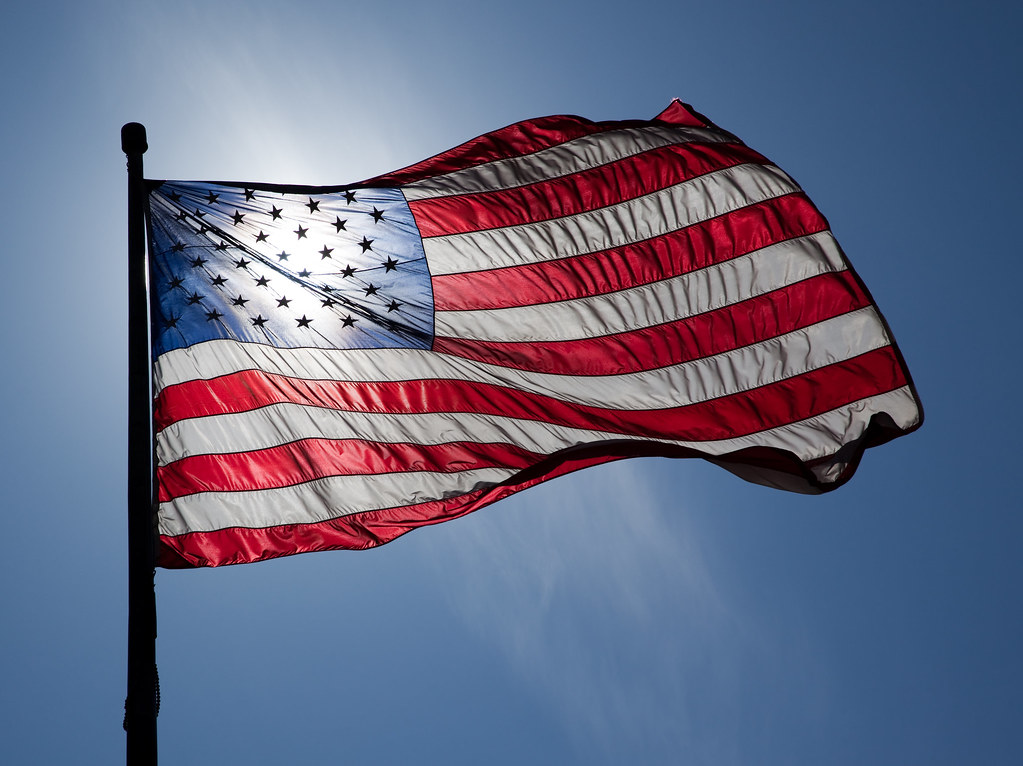EXPLAINER-Debt ceiling standoff: What happens if Washington falls behind on its bills?
The U.S. government could fall behind on its bills next month - and even default on its debt - if Congress doesn't raise a $31.4 trillion cap on government borrowing, a failure that could trigger economic calamity and panic on global financial markets. What follows is a timeline showing how a cascade of missed payments could unfold, based on the U.S. Treasury's warning that it could run out of cash as early as June 1, and daily tax receipts and spending obligations projected by the Bipartisan Policy Center, a Washington-based think tank.

- Country:
- United States
The U.S. government could fall behind on its bills next month - and even default on its debt - if Congress doesn't raise a $31.4 trillion cap on government borrowing, a failure that could trigger economic calamity and panic on global financial markets.
What follows is a timeline showing how a cascade of missed payments could unfold, based on the U.S. Treasury's warning that it could run out of cash as early as June 1, and daily tax receipts and spending obligations projected by the Bipartisan Policy Center, a Washington-based think tank. JUNE 1
The U.S. Treasury's cash coffers would run dry, causing it to hit the debt ceiling. The day's $26 billion in tax revenues would not be enough to cover about $101 billion in spending obligations promised by Congress. Who wouldn't get paid? Possibly everybody expecting a check.
If the Treasury operated under a plan drawn up in 2011, it would not pick and choose which bills to pay and would instead wait until it had enough money to pay a full day's bills. Medical providers would get stiffed for $47 billion in payments from Medicare, the U.S public health insurance program for the elderly. Soldiers also would go unpaid. Wall Street investors could still be paid for now, but there are risks. With debt principal payments coming due - including more than $100 billion on June 1 - the Treasury would borrow just enough to cover what's due and stay under the debt limit. If investors declined to lend that money out of fear they wouldn't get paid back, America could start missing payments and enter default on its debt, rocking the global financial system.
JUNE 2 Even if Washington kept paying debts on time, stock markets would likely be swooning. That could put pressure on Republican House Speaker Kevin McCarthy and Democratic President Joe Biden to act quickly. Republicans, who control one chamber in Congress, are demanding steep spending cuts in exchange for their support raising the debt ceiling.
Without a deal, another day of checks might not go out. Pensioners and other Social Security beneficiaries wouldn't get $25 billion owed them. States wouldn't receive $2 billion they are owed for Medicaid health insurance subsidies for the poor. By this time, broad swaths of the country wouldn't be getting paid. JUNE 6
Weapons manufacturers and other companies supplying the U.S. military wouldn't collect $2 billion owed them. JUNE 7
About a week into the crisis, it's possible some checks could finally go out. The U.S. Treasury would have collected about $110 billion in taxes since it stopped being able to add to the debt, enough to cover the bills from June 1. But more bills would keep coming due, and Americans expecting tax refund deposits on June 7 wouldn't get about $1 billion owed them. JUNE 8
Education programs run by state and local governments wouldn't get $1 billion in planned funding. The crisis would deepen in U.S. hospitals as federal insurance payments fell further behind. JUNE 15
Things would get extra dicey on June 15 when the Treasury is due to pay investors about $2 billion in interest payments on the national debt. The Treasury said in 2014 - following another near-collision with the debt ceiling - that it is technically capable of prioritizing interest payments over other obligations. Provided that capability panned out, the day's inflow of business tax receipts would give the Treasury enough cash to make the debt payment. But revenues wouldn't cover all the other bills due June 15, such as military salaries.
(This story has not been edited by Devdiscourse staff and is auto-generated from a syndicated feed.)
ALSO READ
Rising Tensions: Palestinian-American Teen Killed in West Bank Incident
Health Sector Developments: Medicare Shifts, Baby Formula Concerns, and Strategic Acquisitions
American Tourists Flock to France Amid Currency Woes and Diplomatic Tensions
Hooda Criticizes US Trade Deal: An 'America Nirbhar Bharat'?
India's Youthful Embrace: AI Adoption to Surpass America?










